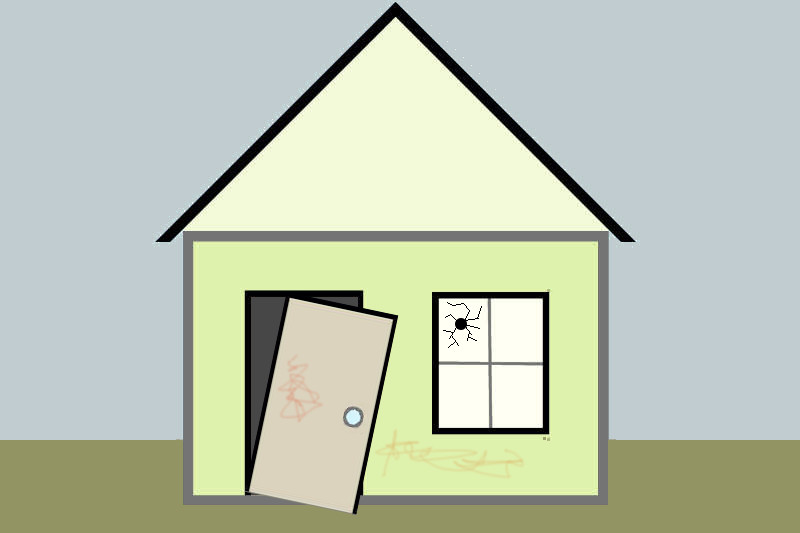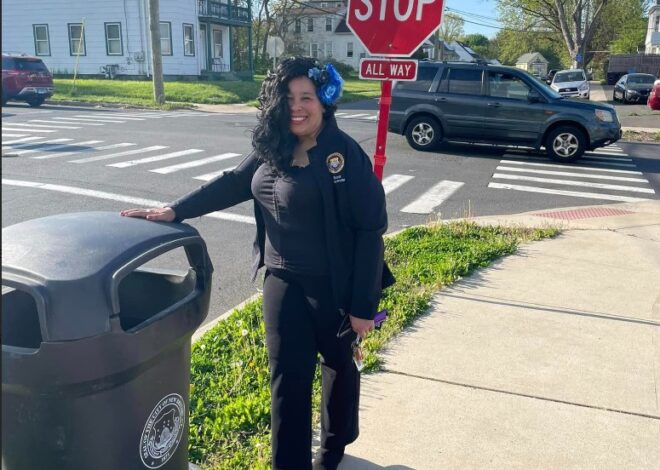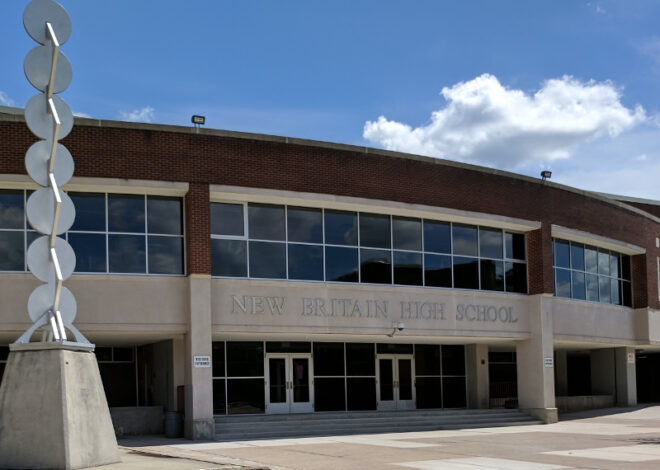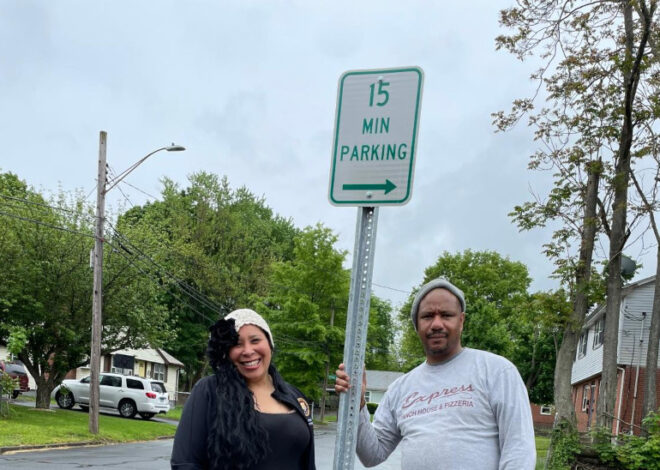A proposed city ordinance, as worded, appears to potentially make tenants, in addition to their landlords, responsible for maintenance and repairs of their landlords’ property.
The proposal would come as new provision to the city’s anti-blight ordinance (local law). The new provision appears to explicitly allow the city to hold tenants, or “occupants,” along side of their landlords, responsible for maintenance and repairs needed to keep the landlords’ properties from being blighted premises.
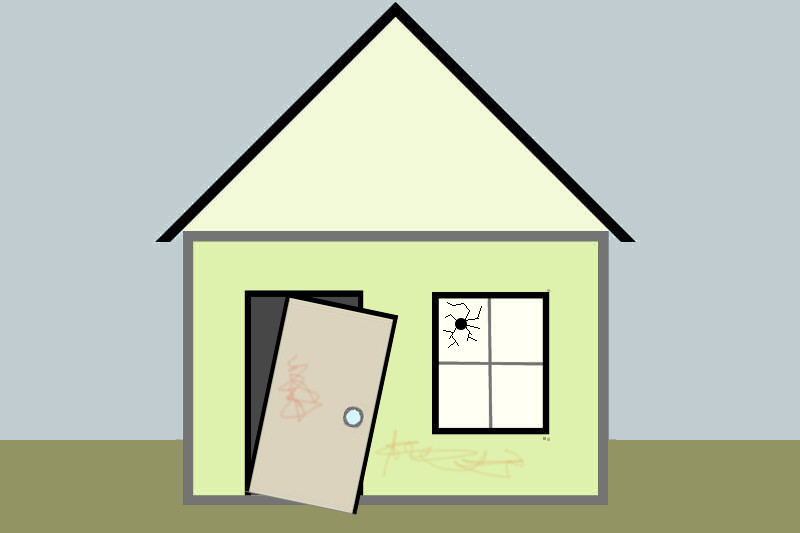
The new proposed provisions include a new power for the city, saying that,
Whenever the City of New Britain identifies a blighted premises, written notice of the violation shall be given to the owner and/or the occupant of the property, by posting a notice of the violation in a conspicuous location at the blighted premises, and delivering a copy of the notice of the violation to an owner, either in hand or by mail. Said notice shall specify that the owner or occupant has a time frame determined at the discretion of the Director of Health; Director of Licenses, Permits, and Inspections or his agent from the date notice was posted and conveyed by first class mail, to remediate the blighted conditions, or the City will take enforcement action.
The proposed new provisions would also say that,
Within the City of New Britain, all owners of real property and tenants shall maintain their property so that the property is not blighted, as defined by this Code of Ordinances. No such owner or tenant shall allow, create, maintain or cause to be created or maintained any blighted property.
The new provision does not appear to distinguish what maintenance and repairs are the responsibility of tenants and which are landlords’ responsibility.
The stated purpose of the proposed ordinance is that it would, “provide expanded authority for the enforcement of blight.”
The city ordinances refer to a property as a blighted premises if it has a fifteen instances in a one-year period of “blighting conditions” that are listed in the ordinance. The ordinance allows to the city to consider a property a blighted premises based on a single instance of a blighting condition only in cases of, “a significant risk to health and safety.”
Among the things the current ordinance defines as a, “blighting condition,” are, “Doors, windows or other openings into houses, apartment buildings or commercial buildings which are (i) broken or missing, (ii) boarded up with unpainted wood, metal or other material or (iii) boarded up, but some or all of the material used to board up the windows or doors in question has been broken, pried off or apart or otherwise vandalized.”
Another, “blighting condition,” under the ordinances, as they would be amended by the proposal, would be, “Exterior facades which contain damaged or absent siding holes, breaks, lose or rotting materials, which are not properly surface coated to prevent deterioration, or the paint on which is significantly discolored or faded.”
The current ordinance requires property owners to be responsible for repairs to remedy conditions contributing to a property being considered a blighted premise. While current ordinance does refer to those holding leases as part of the definition of a property owner, the new proposed ordinance appears to add a new overt power of the city to explicitly hold tenants, or “occupants,” responsible for repairs needed to remedy blighting conditions.
The proposal appears to leave in place the provision of the current ordinances concerning fines for blighted premises. That provision explicitly holds the property owner responsible for paying fines, “When the owner of the property has been found in violation.” A violation is a $99 fine under current ordinance.
However, a separate part of the anti-blight ordinance, section Sec. 7-44(f) of the city ordinances appears to potentially apply a $100 fine to tenants or “occupants” if they do not perform maintenance or repairs they are ordered to by the city. That provision says that,
Whenever, under article III of chapter 7 or chapter 13 of this Code or any rule or regulation promulgated by any officer of the city under authority vested in such officer by these ordinances, any act is prohibited or is declared to be unlawful or an offense, or the doing of any act is required, or the failure to do any act is declared to be unlawful, the violation of such ordinance, rule or regulation shall be punished by a fine not exceeding one hundred dollars ($100.00). Each day any such violation shall continue, shall constitute a separate offense.
Article III of chapter 7 of the city ordinances is the anti-blight ordinance, while chapter 13 is the city housing code.
However, since, under current anti-blight ordinances, any unpaid fine converts to a lien on the property, creating a liability for the property owner, it raises the question of whether tenants could get out of owing anti-blight fines charged to them simply by not paying them.
The new proposal would make a number of other changes to the anti-blight ordinance, as well.
The proposal would add a new provision of the ordinances that would consider it a “blighting condition” in the case of,
The creation of substantial and unreasonable interference with the reasonable and lawful use and enjoyment of other space within the neighborhood as documented by neighborhood complaints to the Director Health; Director of Licenses, Permits, Inspections; Police Department, or other city department, which complaints have been independently substantiated through investigation and report.
But another part of the proposed ordinance would change the current provision which considers it to be a blighting condition in the case of, “Exterior walls which contain holes, breaks, lose or rotting materials…” The new proposed ordinance appears to apply this definition to “facades” rather than building walls. The new provision would say, “Exterior facades which contain damaged or absent siding holes, breaks, lose or rotting materials…”
The proposed ordinance will have a public hearing in the City Council’s Planning, Zoning and Housing Committee tonight, July 9, 2019, at 7:00pm in the Council Chamber in City Hall.
If the committee votes to send the proposal back to the Council at its July 9th meeting, the Council would be permitted to give it final approval as early as its meeting tomorrow, July 10th.

